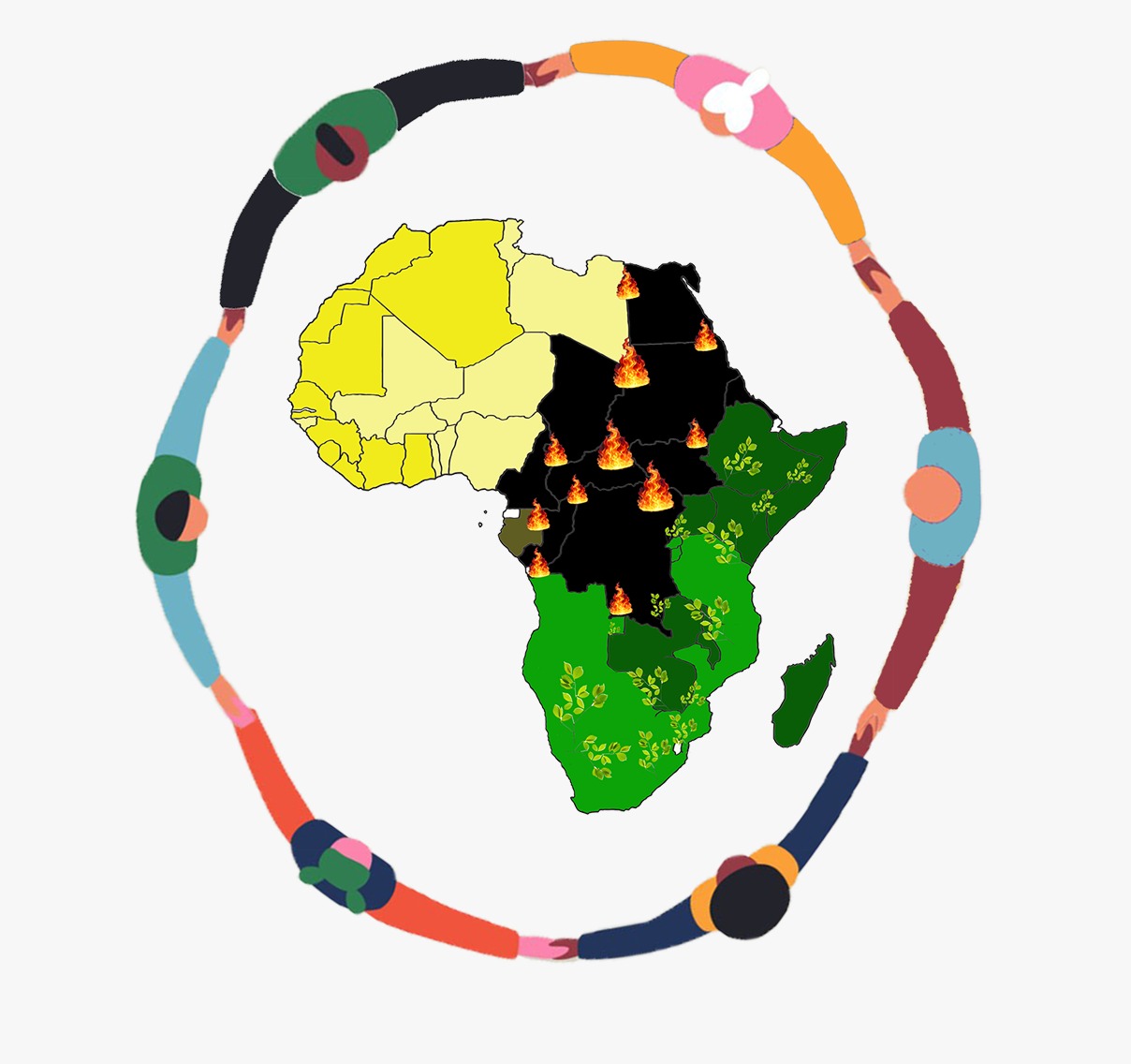Medical Team Feedback
Initial Presentation and illness course
Initially gastroenteritis was not suspected (when the first few cases were seen in the clinic). Most people were treated for heat exhaustion/heat stroke. Temperatures were greater than 40 degrees during the day consistently, crew members and participants had spent long hours in the sun, possibly not well hydrated and exerting themselves either working or dancing.
The symptoms are quite similar and nausea and vomiting with fever was mainly reported, not diarrhoea. Some people presented to the medics when unable to tolerate the heat, because they were ill already, but had no other symptoms yet.
The first guest was seen on the Thursday; the 4th day of the 7-day event and by the Sunday the on-site medical team were seeing more complaints of abdominal cramps, nausea and/or vomiting and fever as well as diarrhoea.
Many of the crew members had been living in the harsh desert environment for a couple of weeks by this time, and we know that persistent GIT symptoms were present on site during the preburn time, prior to the arrival of the bulk of participants.
Immediate medical interventions were to
a) rehydrate- replace electrolytes either by mouth or through intravenous infusion,
b) to alleviate symptoms of nausea, body pain or cramps and
c) to bring the patient’s body temperature down.
Those requiring ongoing care and monitoring were looked after in the CuddlePod by nursing staff. The use of antibiotics was not indicated as it was too soon to tell if it was viral or bacterial and only tested stool samples could have confirmed this.
Medical Data
Many of the participants only experienced “gastro” symptoms towards the end of the gathering and even afterwards.
The patient logging data has not been analysed yet, so all clinic and medic tent visit entries have not been totalled, and therefore we cannot give stats on the number of guests who attended the medics/clinic with symptoms. Neil Gargan, head Medic at AfrikaBurn 2017, reported a figure of 200 cases at an Emergency Medical Services meeting, but this needs to be verified.
Source of the infection
It’s hard to know without laboratory evidence if this was a viral or bacterial enteric infection that spread through the community, although clinical presentation and the course of the illness often points to a likely causative organism.
In general, people acquire gastrointestinal illness by direct person to person transmission, airborne spread through aerosolised vomit, consumption of contaminated food or water, or contact with contaminated environmental surfaces or objects.
It is not standard practice to send stools (faeces) for testing. Standard clinical practice is to treat the symptoms. Stool investigations are only done when indicated in an extraordinary clinical situation e.g. failure to respond to symptomatic treatment. Thousands of people are (successfully) treated for gastro in the Western Cape during diarrhoea season.
Cape Town and its greater areas had seen an increase in cases of diarrhoea towards the end of March according to IOL News reports, which is predicted annually (due to seasonal viral infections).
The primary spread of enteric infection is the faecal oral route. We have no evidence or reports that this bug was bacterial, one person has reported back that they visited a clinician and a sample was tested and the Norovius confirmed (via facebook).
The most common viral pathogen, norovirus, is characterised by a high number of exposed people becoming infected, a high frequency of vomiting and short duration of illness (from 24 to 48 hours)- which in the short period of time we had is consistent with what was reported to the medical staff.
Some participants who have returned to town have had persistent GIT symptoms, which have not been formally diagnosed. It is reasonable to assume that more than one causative organism, or mechanism, could be involved in any of the cases e.g. food poisoning, norovirus, heat stroke.
– this report was presented by Catherine Williams (medical nurse and head of AfrikaBurn’s Medical Services) and Jacqui Dallimore, mobile clinic nurse at the Desmond Tutu HIV Foundation.

As we’ve mentioned many times, AfrikaBurn is more than just...


